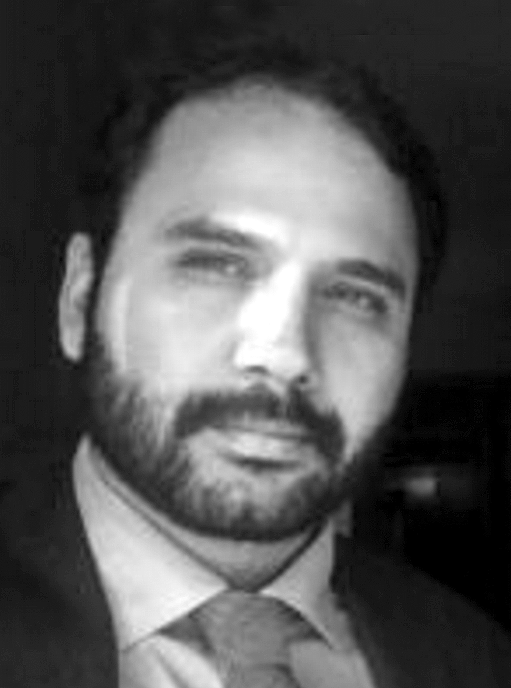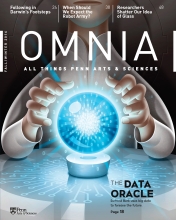Being buried among family is a universal desire, but it is also increasingly difficult in an age of global mobility and mass migration. “I started thinking about what happens when you die in a country that’s not your own,” says Osman Balkan, GR’16, a political science doctoral candidate. “This seemed like a good way to get at larger questions affecting immigrants.”
His recent study, “Between Civil Society and the State: Bureaucratic Competence and Cultural Mediation Among Muslim Undertakers in Berlin,” helps illuminate the challenges facing Muslim immigrants to Europe and their integration into that society. The article was published in the Journal of Intercultural Studies last April.
Over the course of a four-month period between 2013 and 2014, Balkan shadowed several Muslim undertakers and conducted 40 interviews with Turkish and Kurdish families, cemetery personnel, religious leaders, government officials, and health-care professionals, among others.
One particular hurdle these immigrants face is the wait time between death and burial, Balkan explains. Another cultural conflict is that many districts in Germany mandate coffins for burial and Muslims are traditionally buried in a shroud only.
His research helps illuminate the importance of establishing communication channels between the state and the Muslims who have been streaming into Europe, fleeing war-torn regions in the Middle East. Faced with this new population, leaders will have to update old policies and create new ones.
“On a practical level you have to figure how and where to bury a body,” says Balkan. “But on a deeper level you ask yourselves as a people, ‘Who are we? Where is home?’”




